
The Government of Ghana has begun the process of setting up a gas feedstock industrial estate in the Western Region of the country.
In addition, Ghana is poised to manage and invest her oil revenues in viable ventures and will not dreary do with her oil, as it has been done with gold, which has been exported in its raw form over the years.
President Nana Addo Dankwa Akufo-Addo stated this when he delivered a speech at the London Business School's Africa Summit on the theme: "Scaling for impact - the important role of industrialization" on Saturday
President Akufo-Addo said Ghana's oil presented the country with a perfect fortuity to transform the structure of her economy through industrialization and value-added commercial activities.
He said Ghana's petro-chemicals would be converted into hundreds of industrial and consumer products--plastics, paints, rubber, fertilizers, detergents, dyes, textiles, solvents and, hopefully, bitumen for road construction--all made in Ghana.
The President said he believed firmly that the country could also produce preservatives used in canned foods from petroleum, with the synthetic by-product from petroleum that would serve as raw material for the manufacturing of different types of garments and footwear in the country.
President Akufo-Addo said Ghana could not lose out on pursuing her industrialization agenda, as added value of her primary products could create the necessary numbers of good-paying jobs that would enhance the living standards of the Ghanaian people.
"Raw material producing economies do not create prosperity for the masses. The way to that goal, the goal of ensuring access to prosperity, is value addition activities in a transformed and a diversified modern economy, with a modernized agriculture. In other words, the industrial development of our economy, which takes on board the aid of digital technology," he emphasized.
Importance of Education
Industrialization, the President indicated, could only be successful with a workforce that was equipped and skilled, and could compete effectively on the global market.
President Akufo-Addo insisted that any country that had transformed herself into modern productive player in the global marketplace had gotten her educational policies right and that countries that had made rapid progress around the world had put education at the heart of their development.
Citing the United States of America's transitioning to publicly-funded high school education in the mid-19th century, he said the experiment paid off and America set herself up for 20th century success, creating a workforce fitted for rapid economic development, which had inspired the emergence of the most powerful economy so far known to human history.
He mentioned nations like Singapore, Malaysia and Korea, which began their lives as independent states at the same time as Ghana, as having also emulated a similar model and following Japan's example with great economic success.
He told the audience that through the policy of Free Senior High School (SHS) education introduced in September 2017, 90,000 more students had gained access to SHS in 2017 than they did in 2016.
He said Ghana's economy could be transformed and unemployment reduced, when attention was paid to technical and vocational training since that was where the skills needed for a modern economy could be developed.
Ghana, with her talents and energy, President Akufo-Addo said, had the opportunity to become a regional centre for light manufacturing for a market of some 350 million people in the ECOWAS Community, projected to reach 500 million by 2030, and turn into an economic powerhouse in West Africa, generating full employment for her teeming youth by weaving together the country's numerous natural resources, like food produce, bauxite, iron ore, oil and gas.
Read Full Story
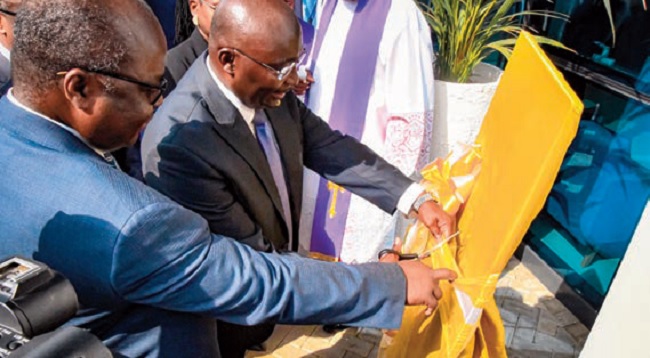

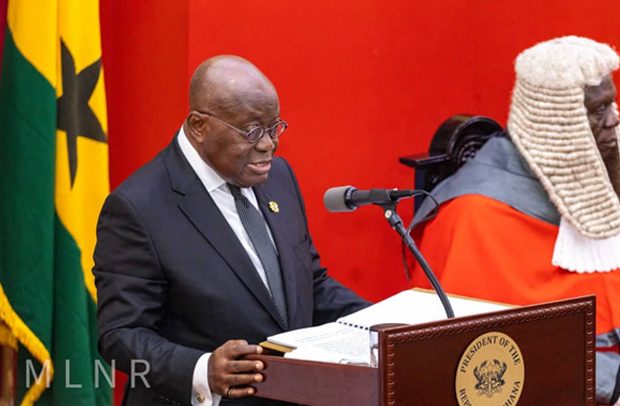
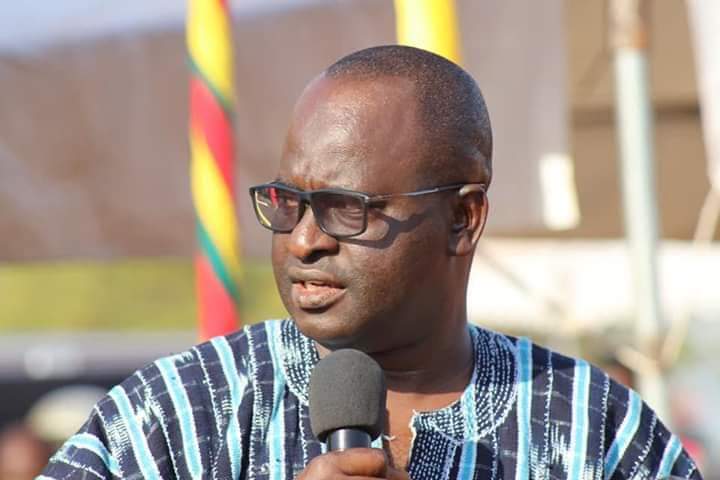
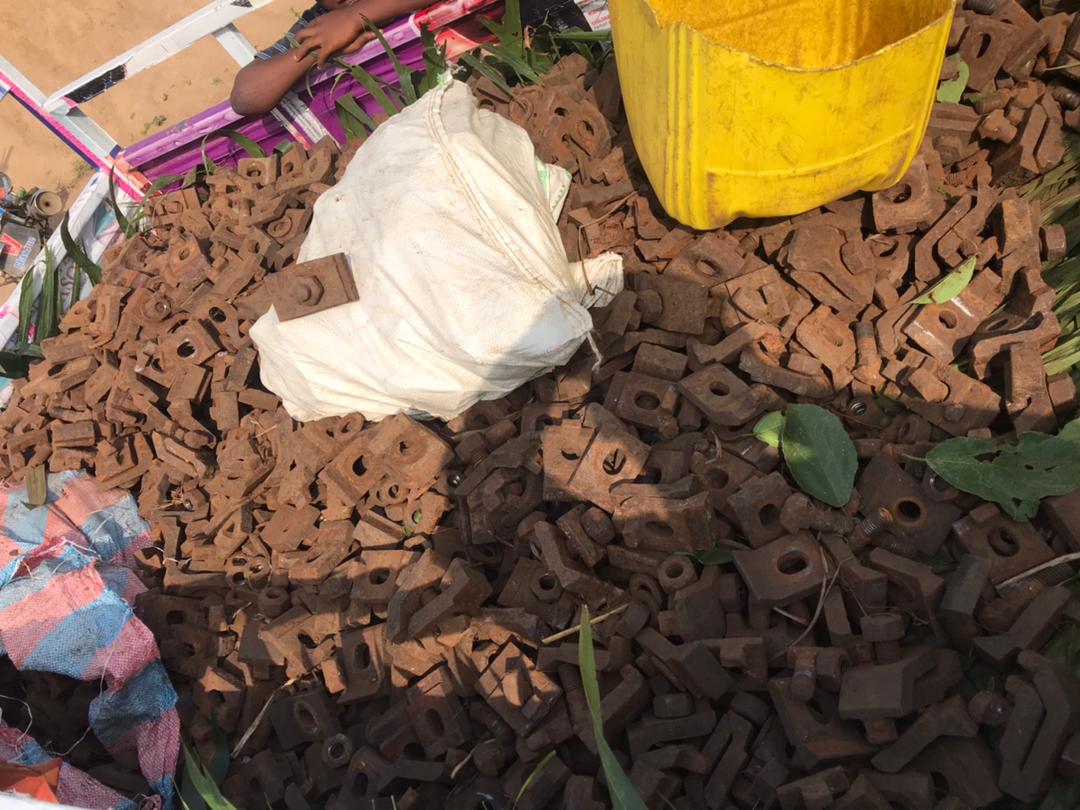




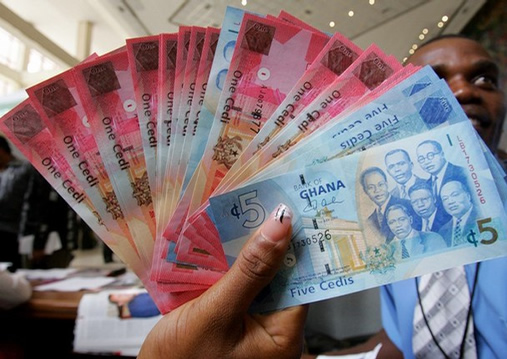
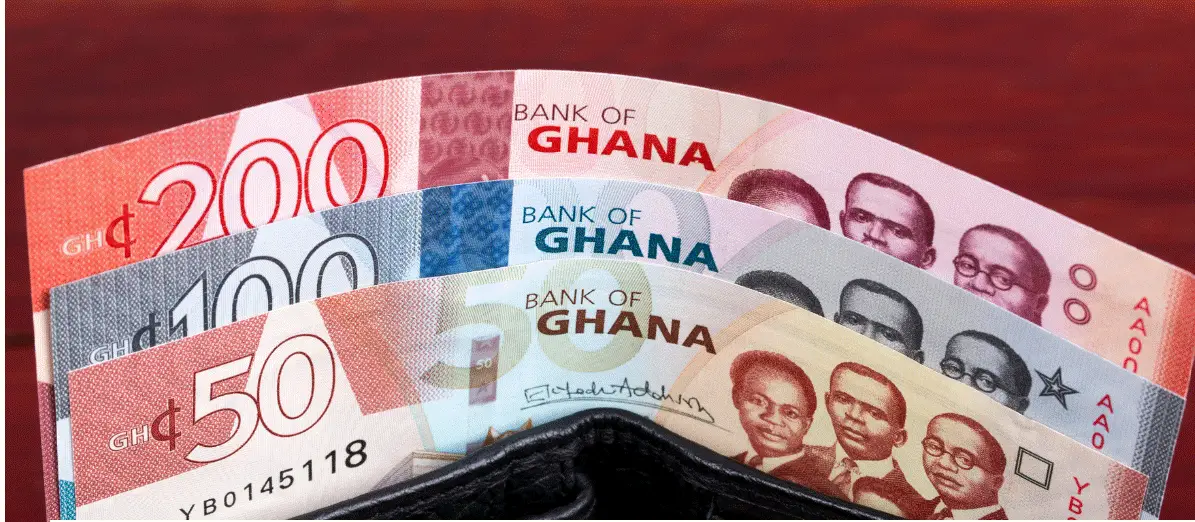




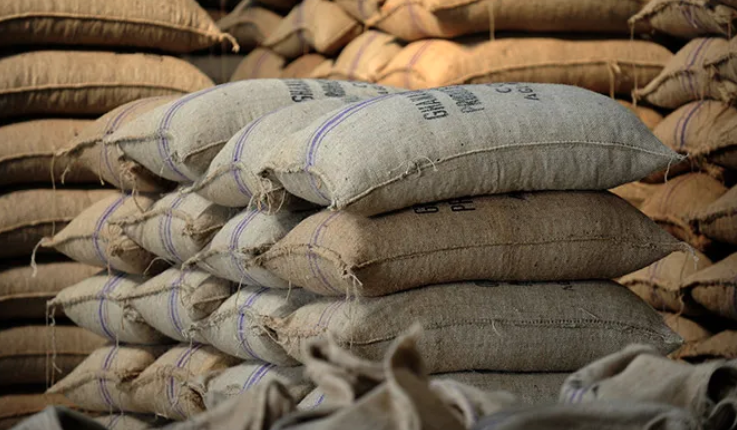






Facebook
Twitter
Pinterest
Instagram
Google+
YouTube
LinkedIn
RSS